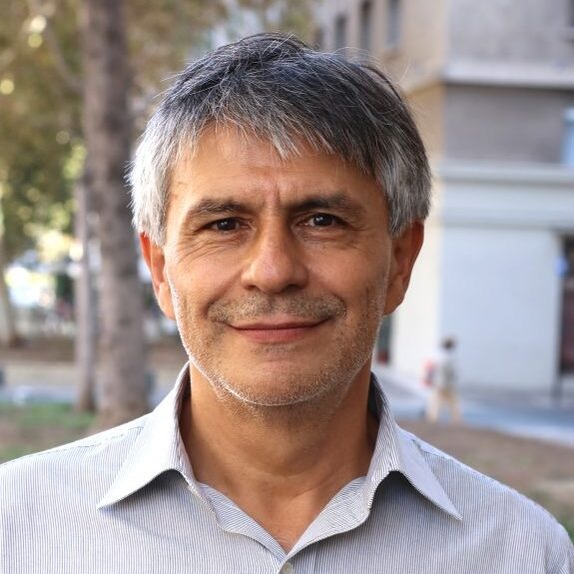
Claudio Araya
Chief of the “Ministry” of Telecommunications of the Chile Government
Claudio Araya is an Electronics Engineer from Universidad Técnica Federico Santa María, Master in Information Technology and Management from Pontificia Universidad Católica de Chile. With more than 30 years of experience in the development of information technology projects, he has worked mainly in the area of telecommunications, addressing the development of projects of new data transmission technologies, information security and technological infrastructure. He currently serves as Chief of the Undersecretary of Telecommunications of the Government of Chile (SUBTEL, “Ministry” of Telecommunications, regulatory entity). For more details of his current work look here: LinkedIn: Claudio Araya San Martín
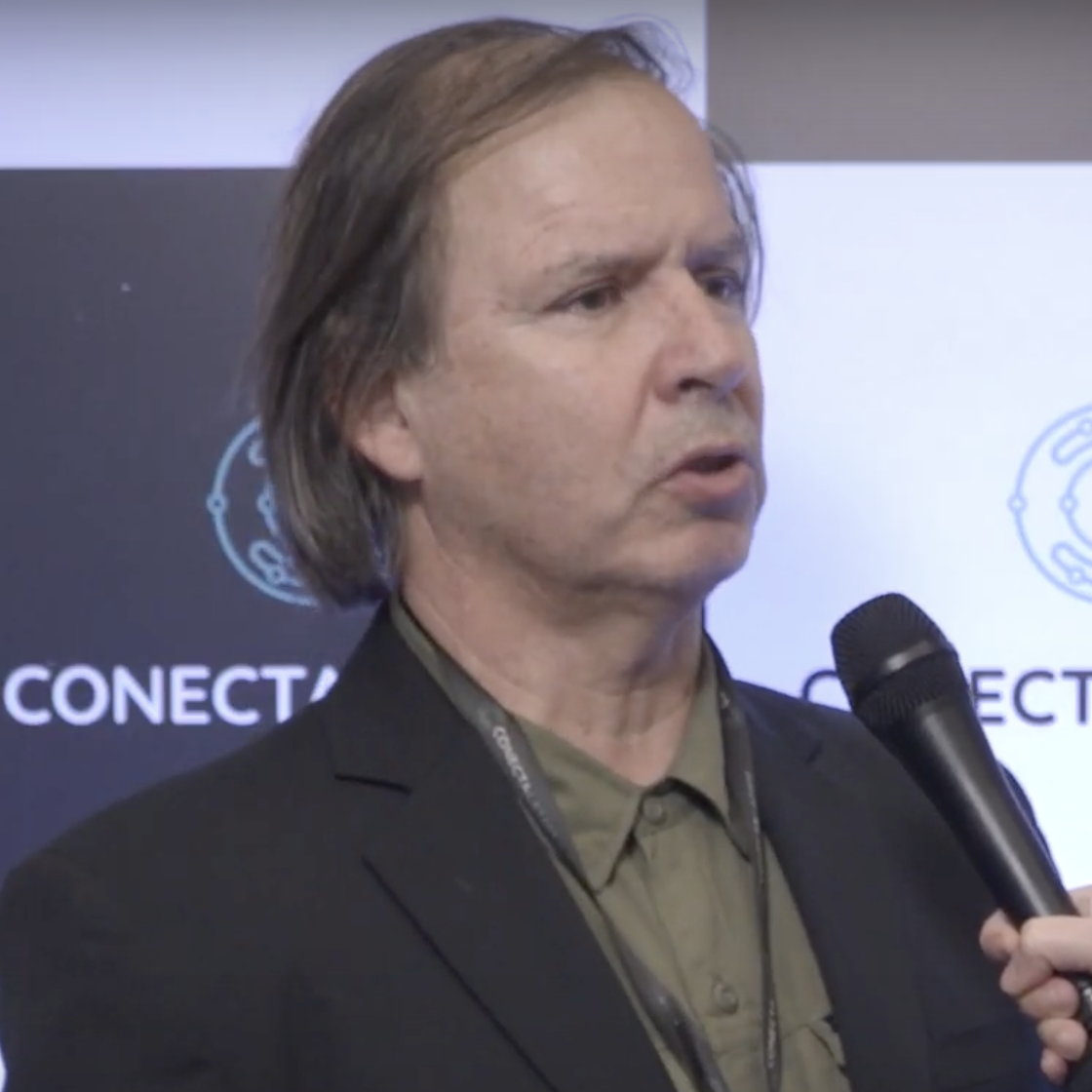
Eduardo Duran
Senior Consultant, Innovation and Trends, Entel, Chile
We are a leading technology and telecommunications company with operations in Chile and Peru, where we have more than 20 million mobile subscribers and consolidated annual revenues of USD $2,573 million as of December 2023. We provide mobile and fixed connectivity services, as well as a wide range of IT and digital services for individuals, businesses and large corporations, and in both countries we provide wholesale and call center services. At Entel Digital, we are dedicated to accelerating the digital transformation of businesses with our team of experts and solutions in IoT & Analytics, Cybersecurity, Cloud and IT Services.
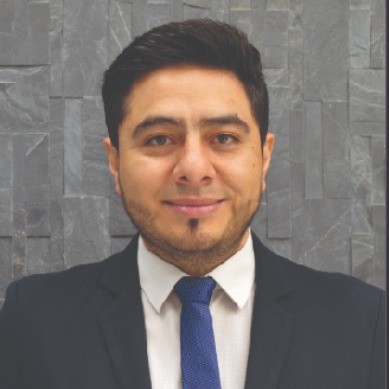
Jair Martinez
Channel Manager LATAM for T&M, Industry, Components, Research & Universities, Rohde & Schwarz
Rohde & Schwarz is striving for a safer and connected world with its Test & Measurement, Technology Systems and Networks & Cybersecurity Divisions. The company’s leading-edge products and solutions empower industrial, regulatory and government customers to attain technological and digital sovereignty. The privately owned, Munich based company can act independently, long-term and sustainably. Rohde & Schwarz is present in more than 70 countries. The technology group develops most of its products in Germany. The privately owned company has subsidiaries and locations around the world that focus primarily on developing innovative cutting-edge technologies. Rohde & Schwarz has locations in many European countries, the USA, Singapore and other Asian countries and Africa. The company has always covered a significant share of its value chain in-house. This is a major advantage, especially when volatile markets and supply chains as well as geopolitical uncertainties pose significant economic and industrial challenges.
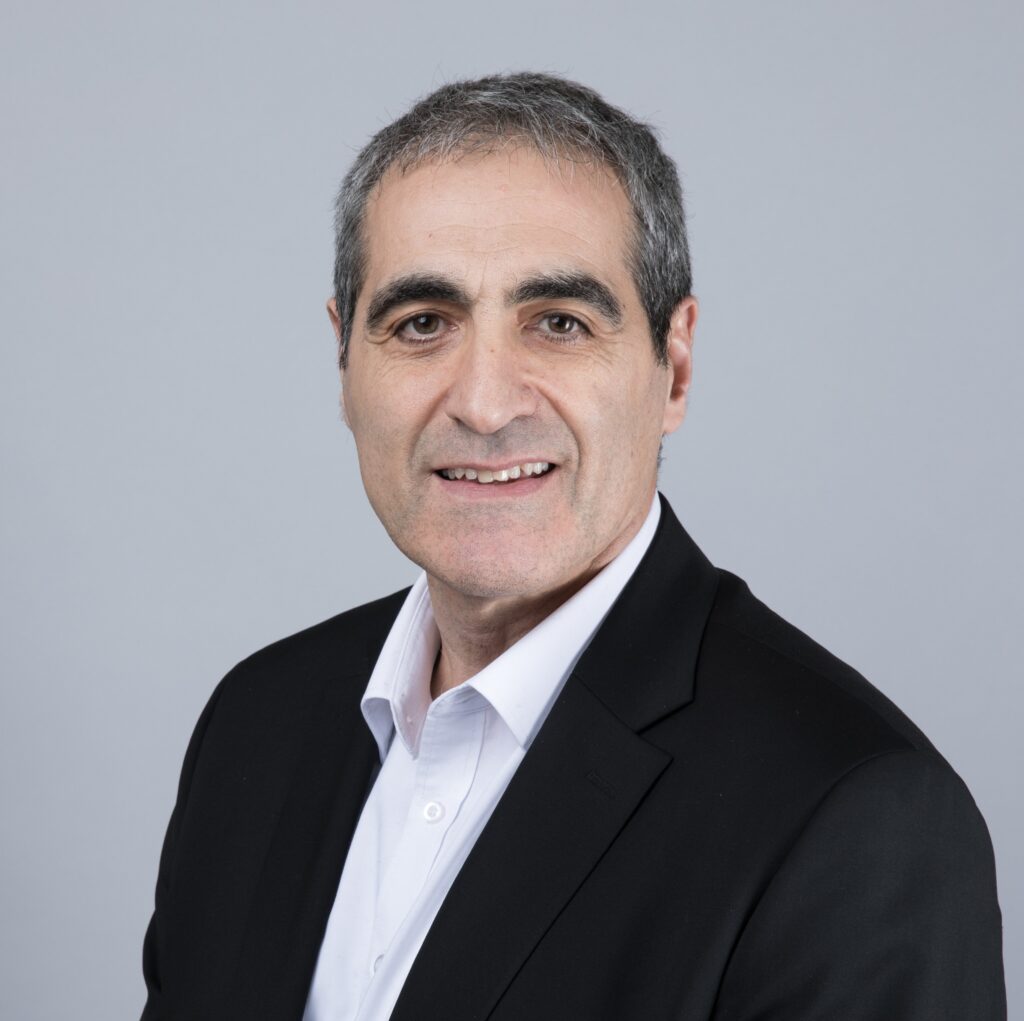
Serge Fdida
Sorbonne Université, France
Serge Fdida is a Professor with Sorbonne Université since 1995. His research interests are related to the future internet technology and architecture. He has been leading many research projects in Europe, notably pioneering the activity on federated Internet testbeds. He established PlanetLab Europe in 2007 and the OneLab and FIT facilities. He was one of the initiators of the ACM Conext conference, general chair of ACM Mobicom 2015, IEEE Infocom 2019 and in 2021 and started the NetworkingChannel online program. Serge Fdida has also developed a strong experience related to innovation and industry transfer, – he was the co-founder of the Qosmos and Hopcast companies, – one of the active contributors to the creation of the Cap Digital cluster in Paris and President of EIT Health France. He is currently coordinating SLICES, the first large-scale scientific instrument in Digital Sciences, supported by the EU ESFRI framework. Serge Fdida received his PhD from Université Pierre & Marie Curie (UPMC), Paris in 1984. He received his Habilitation in 1989. Assistant Professor UPMC (1983-1987). Associate Professor UPMC (1988-1991). Professor Université Paris Descartes (1991-1995). Sabbatical at IBM Raleigh in 1995. Professor Sorbonne Université. Adviser ITC Department CNRS (2000-2005). Vice-President European affairs of UPMC (2014-2018). VP International Development of Sorbonne Université (2018-2021).
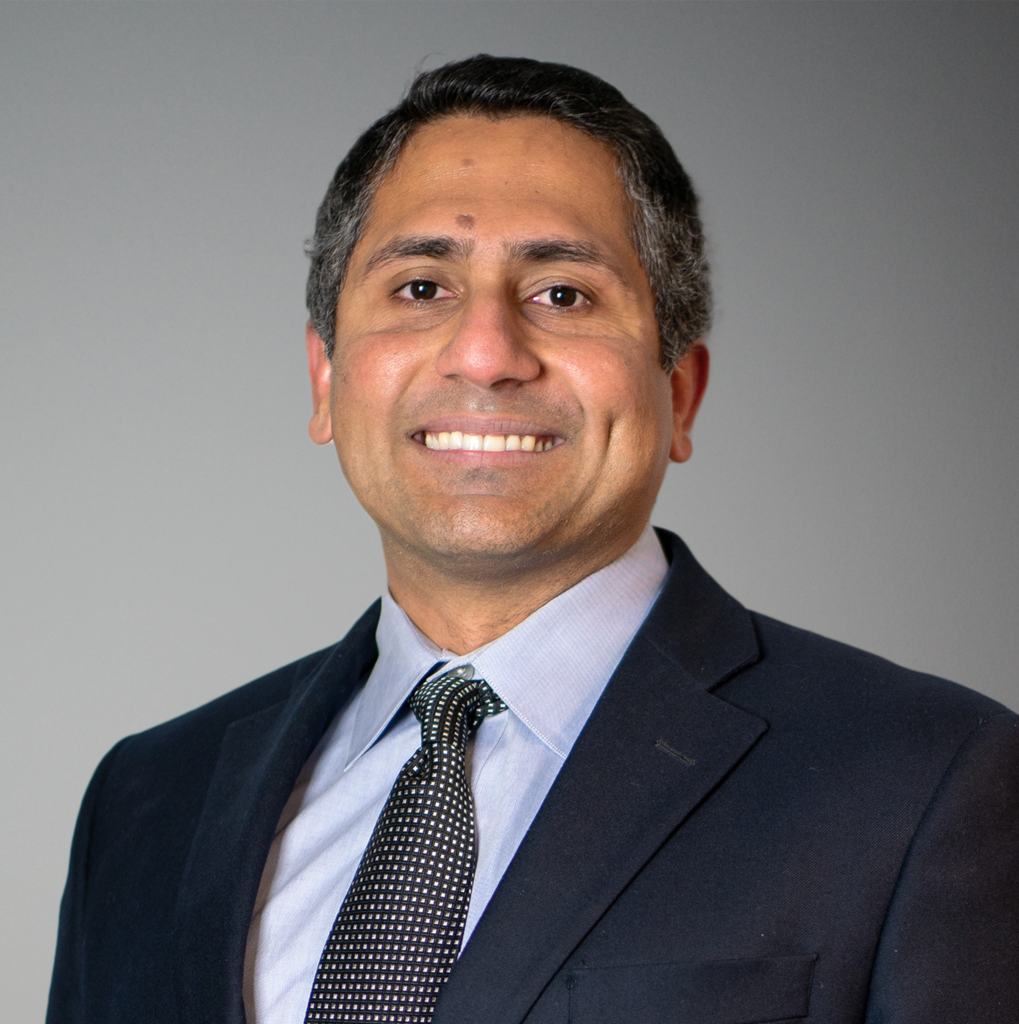
Manu Gosian
Northeastern University, USA
Abhimanyu (Manu) Gosain is a Senior Director for Institute of Wireless Internet of Things at Northeastern University, co-Chair for the FCC 6G Technology Advisory Council and Senior Advisor for NTIA ITS and DoD OUSD R&E FutureG. He is in charge of setting strategic goals and the research agenda for a $100M public-private partnership for the NSF Platforms for Advanced Wireless Research (PAWR) program and $25M DARPA Colosseum program. He serves as a Board Member for the OpenAirInterface Software Alliance, Founding member for Magma Core Foundation, Academic research council representative for O-RAN Alliance, Technology Roadmap group member for NextG Alliance and co-chair on organizing committee and program committees for 6GSymposium, EuCNC,IEEE InfoCom and ACM WinTech. His numerous professional publications and experience exemplify use-inspired basic research in the field of networking technologies such as 5G,6G, AI/ML, edge computing and Internet of Things. He is an IEEE Senior Member. He received his M.S. degree from Tufts University and M.B.A. from Boston University with High Honors.
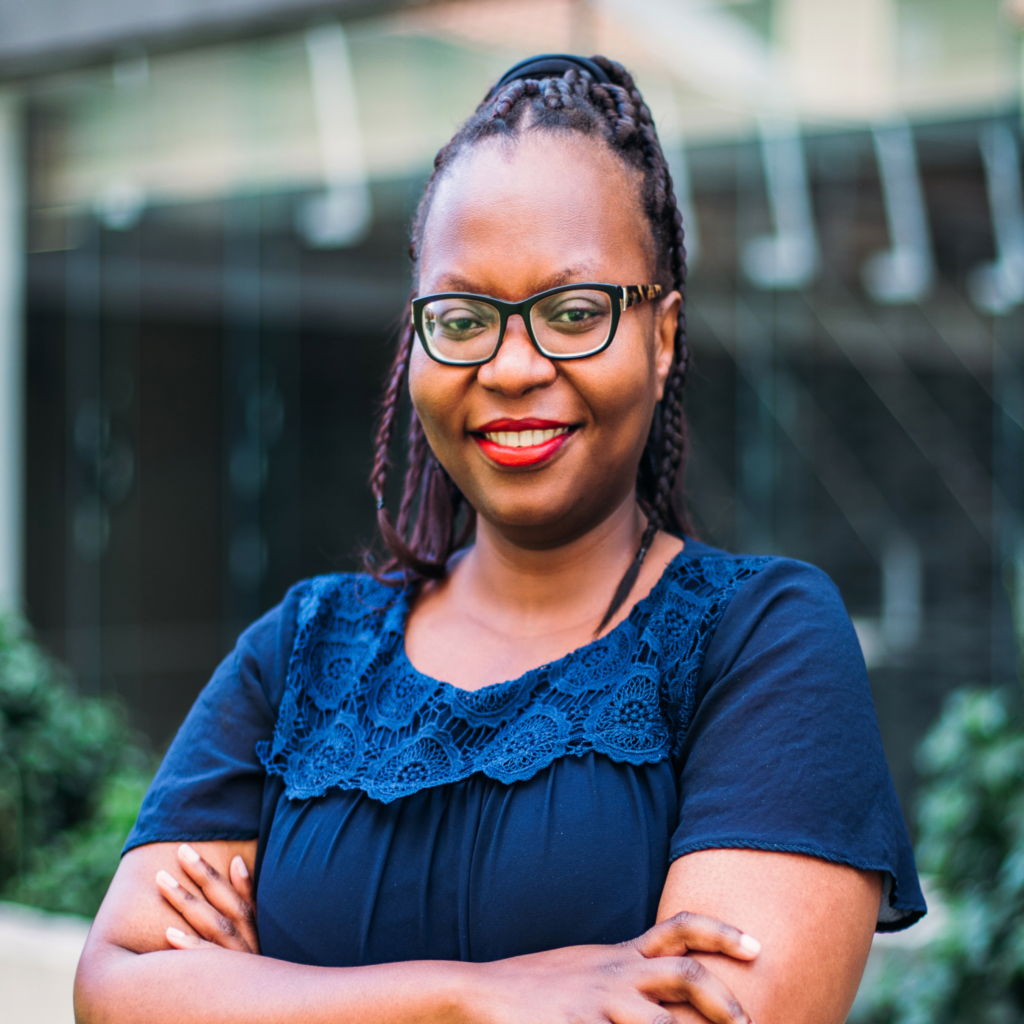
Joyce Mwangama
University of Cape Town, South Africa
Joyce Mwangama holds the position of an associate professor and researcher in the Department of Electrical Engineering at the University of Cape Town (UCT), in Cape Town, South Africa. She obtained her PhD and MSc in Electrical Engineering, along with a BSc in Electrical and Computer Engineering, all from the University of Cape Town. Her prominent research interests centre on communication networks, next-generation networks, and digital health, where she leads efforts in setting up experimental next-generation mobile testbeds. Additionally, Joyce provides her expertise and guidance to the Independent Communications Authority of South Africa 5G Forum, contributing to the research and development of 5G/6G technologies.
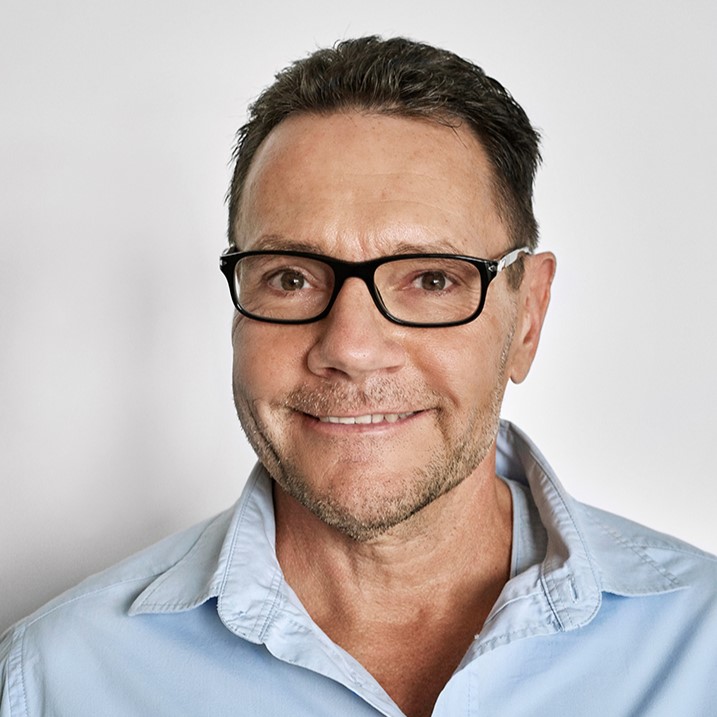
Thomas Magedanz
TU Berlin, Germany
Thomas Magedanz (PhD) has been professor at the Technische Universität Berlin, Germany, leading the chair for next generation networks since 2004. In addition, since 2003 he has been Director of the Business Unit Software-based Networks (NGNI) at the Fraunhofer Institute for Open Communication Systems FOKUS in Berlin. For 35 years Prof. Magedanz has been a globally recognized ICT expert, working in the convergence field of telecommunications, Internet and information technologies understanding both the technology domains and the international market demands. His interest is in software-based networks for different vertical industries, with a strong focus on building public and non-public campus networks. He became famous over the last two decades for the development of open software toolkits for building vendor independent open testbeds for next generation mobile networks, such as OpenIMSCore, OpenEPC, OpenMTC, OpenBaton, Open5GCore. His current interest is in the evolution from 5G to 6G and the development of the Organic 6G Core. For more details of his current work look here: www.6G-ready.org and www.open6Gnet.org
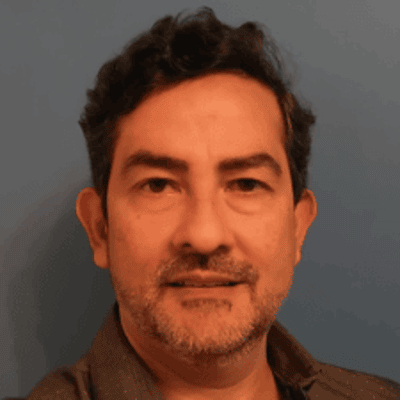
Jose F. de Rezende
Rede Nacional de Ensino e Pesquisa (RNP), Universidade Federal do Rio de Janeiro, Brazil
José F. de Rezende received the B.Sc. and M.Sc. degrees in Electronics Engineering from Universidade Federal do Rio de Janeiro (UFRJ) in 1988 and 1991, respectively. He received the Ph.D. degree in Computer Science from Université Pierre et Marie Curie in 1997, where he was an associate researcher during that year. Since 1998 he has been an associate professor at UFRJ. His research interests are in distributed multimedia applications, multipeer communication, high speed and mobile networks, and quality of service. He has served in the editorial board of Ad Hoc Networks from Elsevier since 2006..
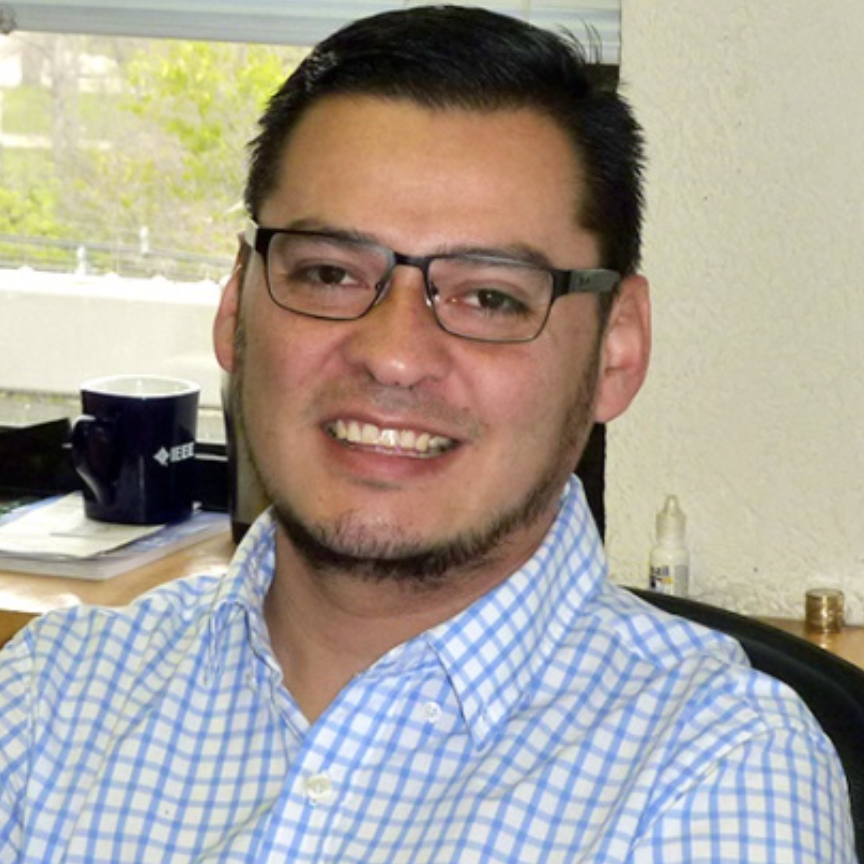
Cesar Azurdia-Meza
5G Space, Department of Electrical Engineering, University of Chile
Cesar A. Azurdia-Meza received the B.Sc. degree in Electronics Engineering from Universidad del Valle de Guatemala, Guatemala in 2005, and the M.Sc. degree in Electrical Engineering from Linnaeus University, Sweden in 2009. In 2013 he obtained the Ph.D degree in Electronics and Radio Engineering, Kyung Hee University, Republic of Korea. He joined the Department of Electrical Engineering, University of Chile as an Assistant Professor in August 2013, and since August 2021 as an Associate Professor, where he is currently lecturing on wireless and mobile communication systems. Dr. Azurdia has been the Principal Investigator of several national and international research grants. He has served as Technical Program Committee (TPC) member for multiple conferences, as well as a reviewer in journals such as IEEE Communications Letters, IEEE Transactions on Wireless Communications, Wireless Personal Communications, IEEE Access, IET Communications, EURASIP Journal on Advances in Signal Processing, among others. Dr. Azurdia is an IEEE Communications Society Member, as well as Member of the IEICE Communications Society. His research interests include topics such as Nyquist’s ISI criterion, OFDM-based systems, SC-FDMA, visible light communication systems, vehicular communications, 5G and beyond enabling technologies, and signal processing techniques for communication systems. He is currently the Director of the first 5G campus in Chile “Espacio 5G” (5G Space). For more details of his current work look here: https://portafolio-academico.uchile.cl/perfil/99826-Cesar-Augusto-Azurdia-Meza
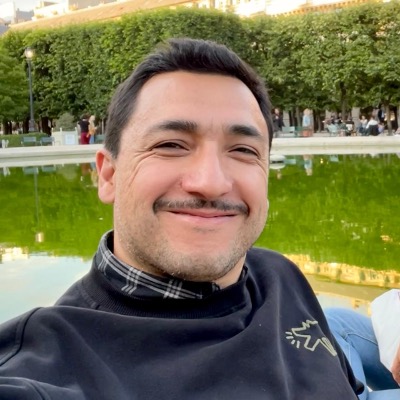
Miguel Gutiérrez Gaitán
IoT-UC Lab, Pontifical Catholic University of Chile
Miguel Gutiérrez Gaitán (Senior Member, IEEE) received the B.Sc. degree in electronics engineering from the Pontifical Catholic University of Valparaiso, Chile, in 2007, the M.Sc. degree in telecommunications engineering from the Polytechnic University of Turin, Italy, in 2009, and the Ph.D. degree in electrical and computer engineering from the University of Porto, Portugal, in 2023. He is an Assistant Professor with the Department of Electrical Engineering, Pontifical Catholic University of Chile, Chile. He serves as a Research Collaborator of the Research Centre in Real-Time and Embedded Computing Systems, Portugal. His research focuses on wireless networks, real-time communication, and Internet of Things. He currently chairs the IEEE ComSoc Chile Chapter in 2023–2024.
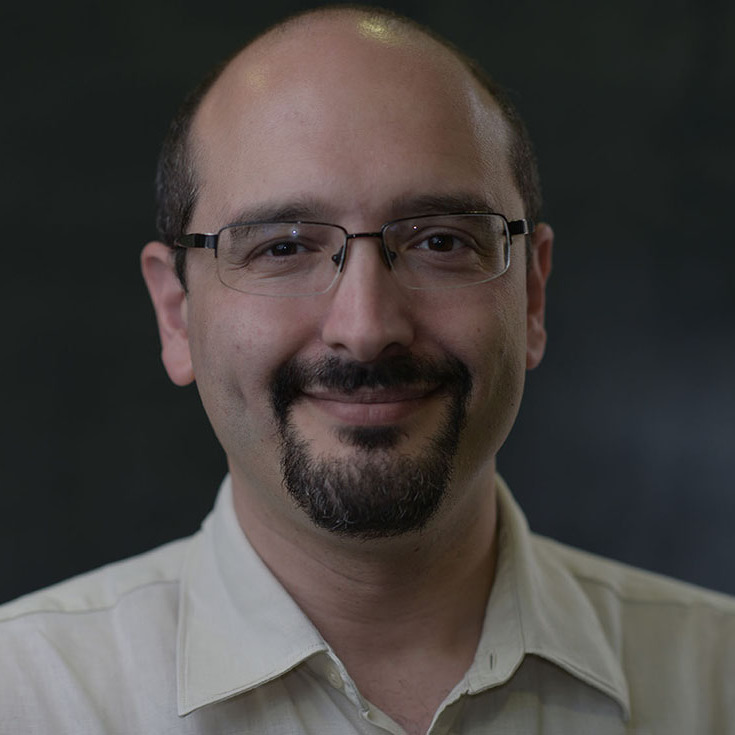
Diego Dujovne
Faculty of Engineering and Sciences, Diego Portales University, Chile
Diego Dujovne is a full-time professor/researcher at the Universidad Diego Portales, Santiago, Chile. received the Electronic Engineering and Ph.D. degrees from the Universidad Nacional de Córdoba (UNC), Argentina, in 1999 and 2009, resoectively. He developed the Ph.D. degree with INRIA Sophia Antipolis, ’Equipe-Projet PLANETE. Since 1997, and for five years, he led several university–industry collaboration projects on instrumentation and communications using embedded systems at LIADE, UNC. In 2001, he became the Director of the Digital Signal Processing Laboratory with UNC. Since 2013, he has been an active collaborator and authored several drafts at IETF on the 6TiSCH and Detnet WGs. His research interests include IPv6 over Low-Power and Lossy Networks (LLNs) routing and scheduling, deterministic networking, Internet of Things applications and architecture, machine learning applications for IoT and wireless experimental platform development, and measurement methodologies.
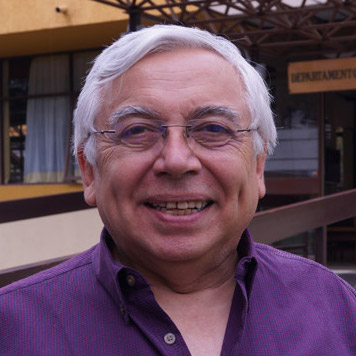
Ismael Soto
Department of Electrical Engineering, University of Santiago of Chile (USACH), Chile
Ismael Soto received the degree in engineering from the University of Santiago of Chile, in 1982, the M.E. degree from University Federico Santa Maria, in 1990, and the Ph.D. degree from the University of Staffordshire, U.K., in 1997. His diverse academic career includes roles in various departments, such as the Department of Computer Science, the Department of Industrial Engineering, and the Department of Electrical Engineering, University of Santiago of Chile (USACH), Chile. He is currently an Associate Professor in telecommunications and signal processing with the Department of Electrical Engineering. He has held the position of the National Director and has been an active member of the International Speech Communication Association. His contributions extend to numerous national and international research initiatives, focusing on radio and visible light communication technologies. He is a noted inventor with patents across various countries, and his research interests encompass safety, digital signal processing, visible light communications, and big data analytics. He has played key roles in the professional community, including serving as an International Technical Committee Member for CSNDSP and the Chair of the Organizing Committee for SACVLC. His innovations have earned him an award from the Association of Electrical Engineers (AIE).
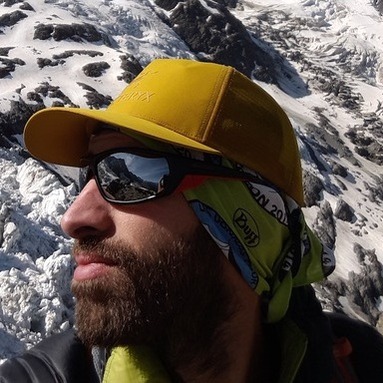
Damien Saucez
Inria Sophia Antipolis, France
Damien Saucez has been a researcher at Inria Sophia Antipolis since 2014. From October 2019 to October 2020 he was network specialist at Safran Electrical and Power in Toulouse, France, working on the design of high-speed deterministic networks for aircraft. He received his master’s degree in Computer Science Engineering from Universitée Catholique de Louvain in 2007 and his Ph.D. thesis entitled Mechanisms for Interdomain Traffic Engineering with LISP from the same university in 2011, under the supervision of Prof. Olivier Bonaventure. His current research interest is Software Defined Networking (SDN) with a particular focus on resiliency and robustness and its application to mission-critical networks. He is actively working to promote reproducibility in research by leading the ACM SIGCOMM 2017 Reproducibility Workshop and by chairing the ACM SIGCOMM Artifacts Evaluation Committee. To make the link between research and industry, he used to contribute to the IETF.
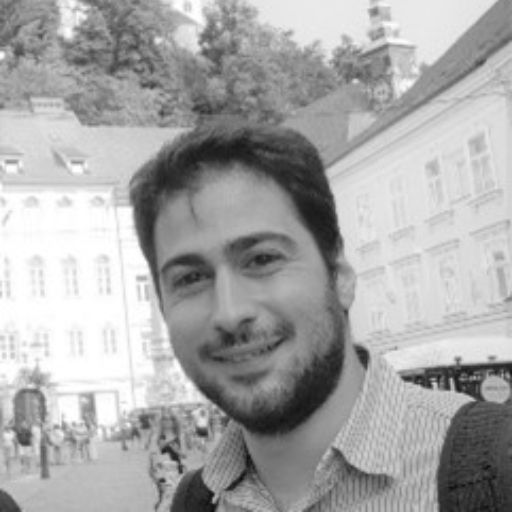
Nikos Makris
Centre for Research and Technology Hellas (CERTH), Greece
Nikos Makris is a Postdoctoral Researcher with the Department of Electrical and Computer Engineering, University of Thessaly, Greece and the Centre for Research and Technology Hellas (CERTH). He received his bachelor’s degree in 2011, a Master’s degree in Computer Science and Communications in 2013, and his Ph.D. in ECE in 2020 from the same department. In the period 2020-2021 he worked as a Postdoctoral Associate in the Dept. of Electrical Engineering, Yale University, USA. Since 2011, he has been participating in several EU- and NSF-funded collaborative research projects. His research interests include experimentally driven research with several radio access technologies (WiFi, LTE, 5G-NR), conducted under real environment settings, the control- and user-plane disaggregation of base station units, Multi-access Edge Computing and NFV orchestration using open-source platforms.

Alfonso Ehijo
O’Higgins University, Chile
Alfonso Ehijo is an expert in the Chilean Telecom Industry. He is a Master Engineer and Multidisciplinary Architect with 30+ years of experience in LatAm Telecom Operators and the Academy. Alfonso is a leader of high-performance teams in international projects and has a lot of experience as an executive manager and a communicator in international companies focused on Technology and Innovation. He is an Expert Evaluator of R+D+i of technology-based projects. His main professional interest is the application of Intelligence in large-scale Telecom and Power Networks. His main academic interests are university education in Industrial, Computing and Electrical Engineering, and the update of senior industry professionals in Emerging Technologies.
